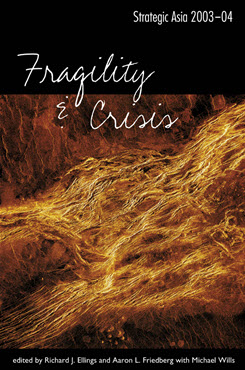Central Asia
Defying "Great Game" Expectations
Although widely expected to spark a new round of competitive rivalry among the major powers, the insertion of U.S. forces into Central Asia after September 11, 2001 had the opposite effect—relations among the United States, Russia, and China both regionally and globally have improved dramatically. This chapter addresses the question of whether this comparatively benign outcome is sustainable.
Although widely expected to spark a new round of competitive rivalry among the major powers, the insertion of U.S. forces into Central Asia after September 11, 2001 had the opposite effect—relations among the United States, Russia, and China both regionally and globally have improved dramatically.
This chapter addresses the question of whether this comparatively benign outcome is sustainable. It presents systematic evaluations of the outside powers’ chief interests, their actual behavior on the ground, and the Central Asian states’ responses. Contrary to the expectations generated by “great game” punditry on the region, we find that there are grounds for continued cooperation among the three large outside powers and that, with continued prudent management, their involvement in the region may foster rather than undermine stability.
Strategic Asia
The Strategic Asia annual edited volume incorporates assessments of economic, political, and military trends and focuses on the strategies that drive policy in the region. Learn more about Strategic Asia.


